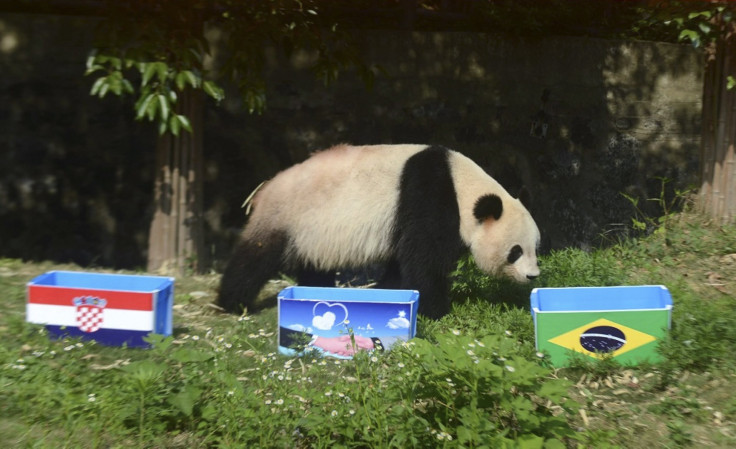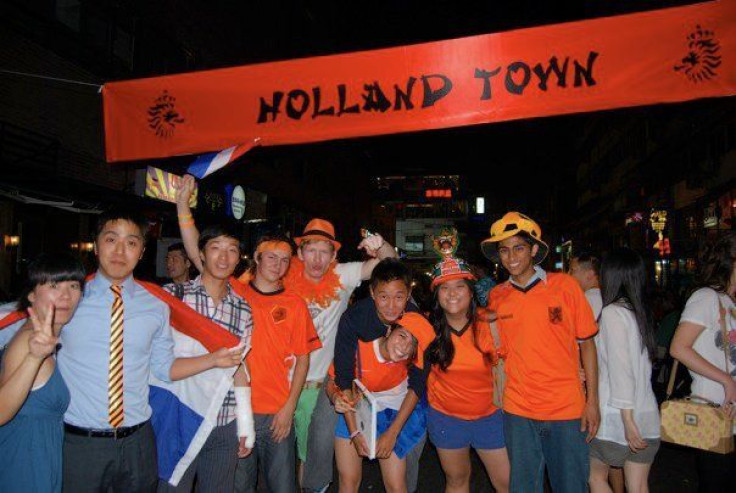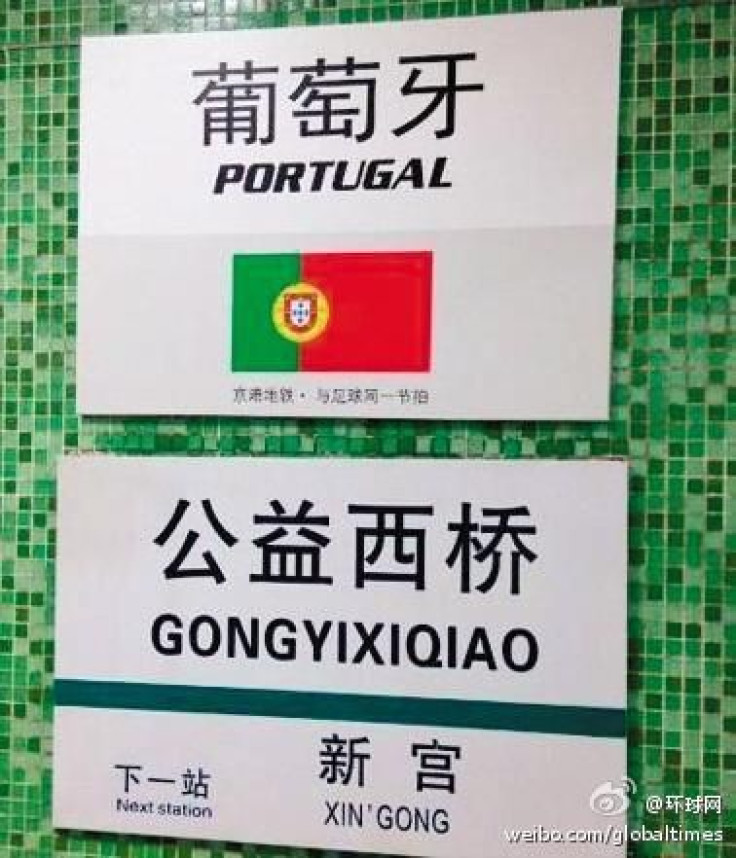World Cup Craze Hits China's Millions Of Soccer Fans

When China loves something, it goes crazy for it. Though basketball is arguably the country’s biggest love in team sports, soccer has quickly gained momentum over the past decade, gaining an estimated 600 million fans. For a country whose domestic league is still in its infancy and is riddled with corruption and scandal, fans are impressively World Cup crazy.
From cab drivers to China’s President Xi Jinping, Chinese and expat fans in Beijing watch in excitement as the capital turns into a soccer fan’s dream playground.
Even though China failed to qualify for this year’s tournament in Brazil, the turnout of fans is expected to be huge. People will gather in bars and living rooms, despite the brutal 11-hour time difference with Brazil. Unlike many other fan bases, China is quick to back teams other than its own, and to do so with the excitement and fervor of a native. Popular teams to follow are Spain, Germany and England, teams that are stacked with English Premier League players, which is also popular in China. Also popular: Anyone facing off against Japan, whose team did go to Brazil.
In one of Beijing’s most popular shopping markets, fake jerseys for top players like Neymar, Messi and Van Persie are flying off the shelves. “My favorite team is Chelsea, but I think the Germans will win the World Cup because Germany shirts sell the best,” 23-year old Zhang Li, a vendor at Beijing’s Yashow Market who sells fake jerseys told That’s Beijing, a local community magazine.
“I could talk about football for hours, how long have you got?” a parking attendant rooting for Argentina and Brazil, going by his last name Wang, said.
A large part of the World Cup is the international community it draws, and as China increasingly becomes a hub for foreign companies, a large number of expats and diplomats live and work in the country --and they bring their football fandom.

During the 2010 World Cup, hosted by South Africa, Chinese and international fans flooded Beijing’s bars and restaurants for the monthlong tournament. When the Netherlands faced Brazil in the quarter finals, Dutch fans draped in flags and “oranje”-clad Chinese supporters strung up a banner across one of the city’s busiest bar streets, Sanlitun, which read “Holland Town” -- a play on Chinatown communities around the world. Brazil, on the other hand, took over the nearby Bar Blu.
The following day, German fans took over Luga’s Village, a Beijing bar and restaurant, chanting “Deutschland!”
Sidewalks were lined with noisemakers, flags and hats of all the participating teams. Embassies designated official locations for their expat citizens to watch the national team.
This year, Beijing seems to be ramping up enthusiasm even more. Several bars will be open 24 hours, anticipating large crowds even though games will be airing at 3 a.m. and 6 a.m. Beijing even briefly renamed 32 of the city’s popular subway stations after participating World Cup countries, until that was scrapped after it caused confusion.

Being a soccer fan in China can be challenging, with matches constantly being played at odd hours of the night and without a hometown team to cheer for. But at 4 in the morning, when millions of eyes are glued to television screens in bars and in homes, you just might think that China was in the lead.
© Copyright IBTimes 2024. All rights reserved.












